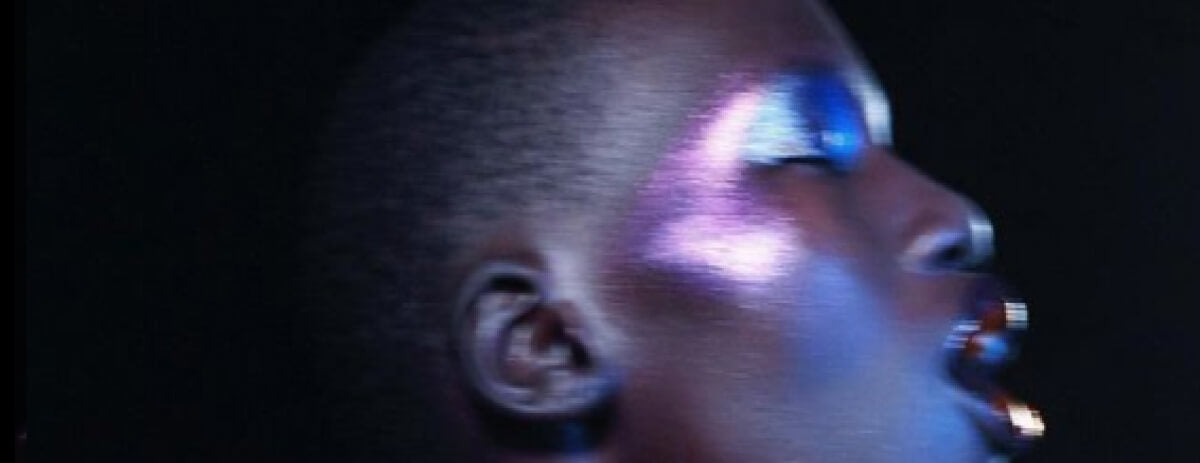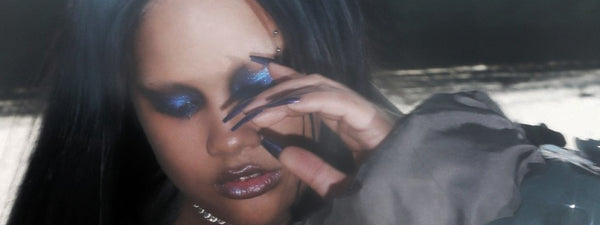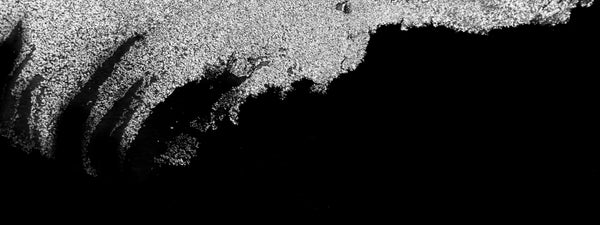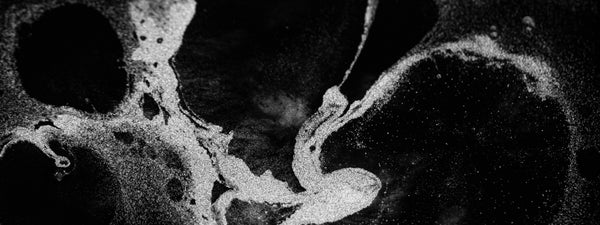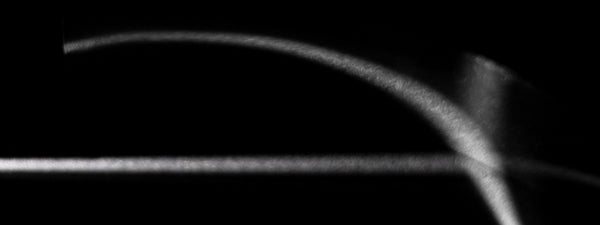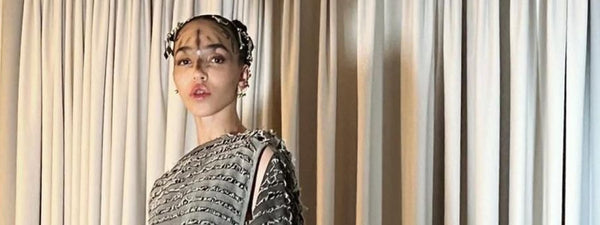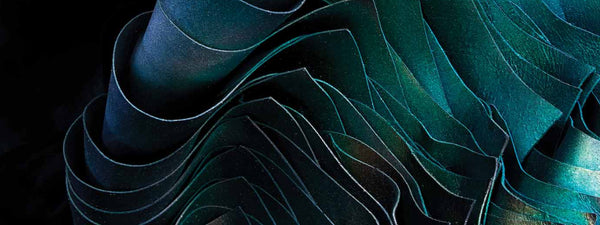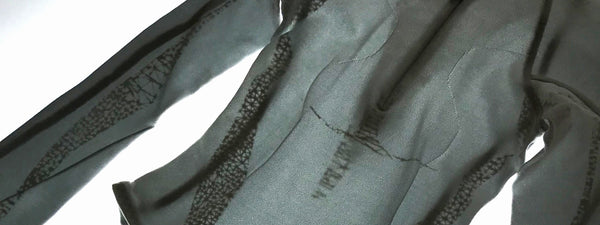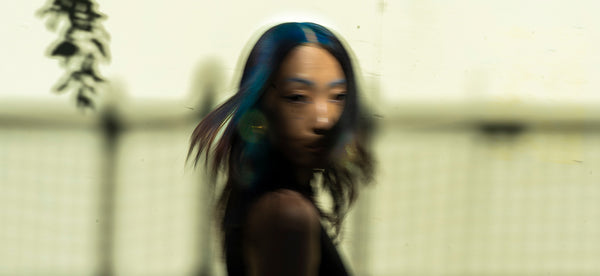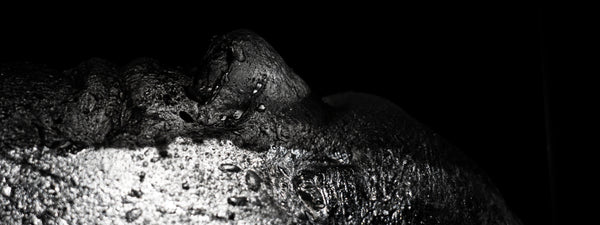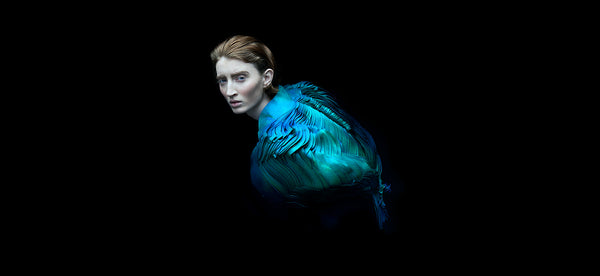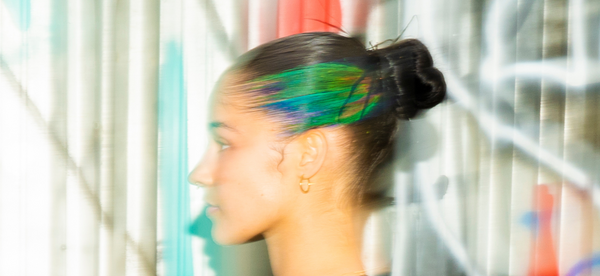We speak with Rosie Broadhead, a designer and researcher specialising in biomaterials in the fashion industry.
Founder of the therapeutic clothing brand SKIN SERIES and a Textile Scientist, Rosie's research focuses on skin microbiome and probiotics therapy as a solution for antibacterial finishes in textiles – for technology that works with the body.
Rosie also collaborated with us on a recent project, lending us her Algae Bodysuit, knitted with SKIN SERIES™ therapeutic yarns, designed for a closer fit. As a material, seaweed is rich in vitamins and minerals, which can improve the immune system of your skin, encourage cell renewal and holds antioxidant capacity.
In this week's circle post, we talk to Rosie about the inspiration behind her pieces and what we can expect next.
Q: From your work we can see that you have an interest in the skin and how it interacts with clothing, is this what inspired you to start SKIN SERIES?
I'm interested in how we can manipulate our bodies through what we wear, and how we can manipulate what we wear through our bodies. Textiles are in contact with our bodies almost consistently. Often these materials that are next to our skin are known to be finished with toxic chemicals or made using synthetic yarns. As our skin is a semi-porous membrane, what we put directly in contact with it can have a direct influence.
Therefore, I wanted to develop a textile that wasn’t just non-toxic but also provided health benefits to your skin whilst wearing. I started SKIN SERIES based on my research on microbiome-friendly textiles and therapeutic bio-based materials which can have skincare benefits.
Q: Can you tell us what made you choose algae and how you use it?
Algae is one of the fastest-growing organisms making it a regenerative material which can be harvested sustainably, and is bioactive with known therapeutic benefits to the skin and body. The algae material developed in my collections explores the benefits of encapsulating naturally derived or active ingredients into the fibres of clothing. It's rich in vitamins, minerals and amino acids, which have known therapeutic benefits to the skin and body. These properties can improve the immune system of your skin, encourage cell renewal, and hold antioxidant capacity.

Q: What's your favourite product out of your collection?
My favourite product is the Pink Algae briefs. It was one of the first pieces I designed for SKIN SERIES. I feel the importance of maintaining skin health, especially female health, and the knitted ergonomic patterns came together in a way that represents what the brand does.
Q: With technology such as algae-based clothing, where do you see the future of fashion headed?
I see a future where the body and surface are considered as if one. There are many exciting new developments in the bio-fabrication and synthetic biology space.
In addition to Algae, other ingredients I work with include probiotics. These probiotic bacteria are native to the skin and important for skin health. The increase of these probiotics which transfer from the textile is associated with improving the skin's immune system. I tend to focus on developing textiles which include ingredients that are natural in our bodies or in our environment – to explore how we can create responsible, yet functional clothing.
Q: What's next for you?
I’m also continuing to develop probiotic textiles. There’ll be some new developments coming out soon under the SKIN SERIES platform, focusing on skin and garment interactions.
At the moment, I’m working on a performance, with performer Kaivalya Brewerton and Musician Chibuzor Aidele. This project is about communicating what my textile research is about. I am co-directing a polyphonic lecture emphasising the value of balance between our bodies within different environments. This performance acts as a tool to understand the body and its orientation and the way we think about physiological individuality.
Q: What's one thing that's unseen to you that you'd like to see?
Something that is unseen that I would like to pay attention to is the billions of bacteria that co-habit with us on our skin, our bodies and our environment. I’m fascinated that we live in a symbiotic relationship with these organisms, and it has changed the way I think about individuality and has changed the way I approach design.
